While raw foods appear trendy and nutritious, not all are safe to eat uncooked. We reveal 10 common foods that can be harmful when eaten raw, highlighting the potential health risks they present.
From harmful bacteria to toxic compounds, you’ll learn why proper preparation and cooking are essential for these ingredients. Whether you’re a foodie or a health-conscious eater, this guide will help you make safer choices in the kitchen and at the table.
1. Eggs

Raw eggs can carry harmful bacteria like Salmonella, which can lead to food poisoning. These bacteria can cause symptoms such as nausea, vomiting, diarrhea, and stomach cramps. While some people consume raw eggs in smoothies or other dishes, the risk of infection is high if the eggs are not properly pasteurized. To avoid these health risks, always cook eggs until both the whites and yolks are firm.
2. Chicken

Eating raw chicken is one of the most dangerous food choices due to the risk of Salmonella and Campylobacter infections. These bacteria can cause severe food poisoning, leading to symptoms like fever, abdominal pain, and diarrhea. Even if the chicken looks fresh, there’s no way to ensure it’s free from harmful pathogens without cooking. Always cook chicken thoroughly to an internal temperature of 165°F (75°C) to kill harmful bacteria.
3. Potatoes
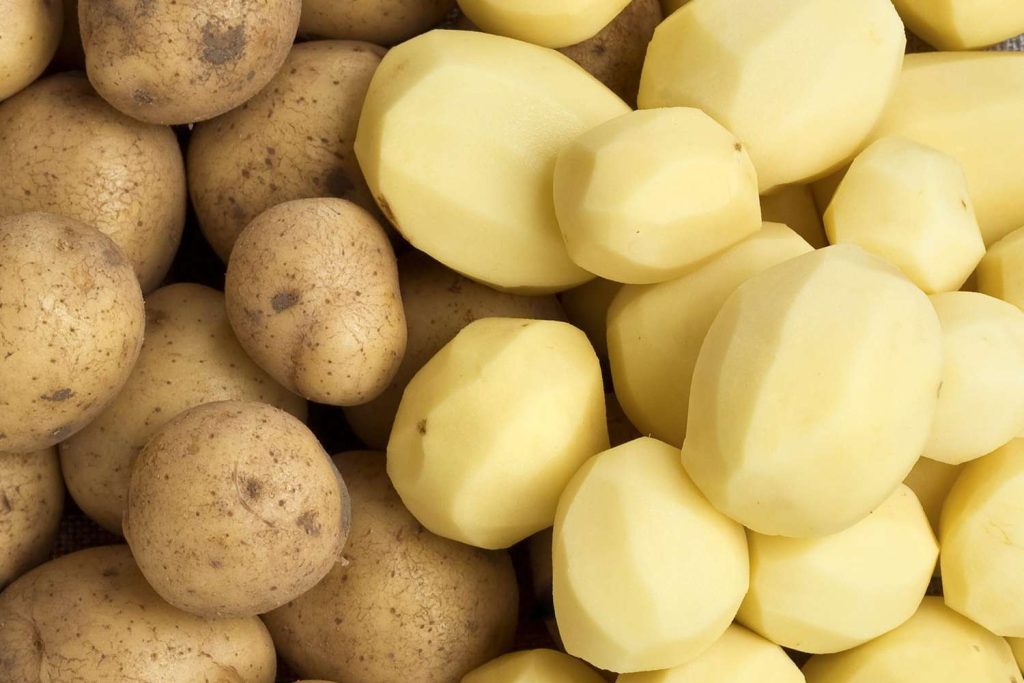
Raw potatoes contain solanine, a naturally occurring toxin that can cause nausea, vomiting, and headaches. This toxin is particularly concentrated in the green parts of the potato and in the skin. Cooking potatoes breaks down the solanine and makes them safe to eat. To avoid these risks, always cook potatoes thoroughly before consuming.
4. Beans
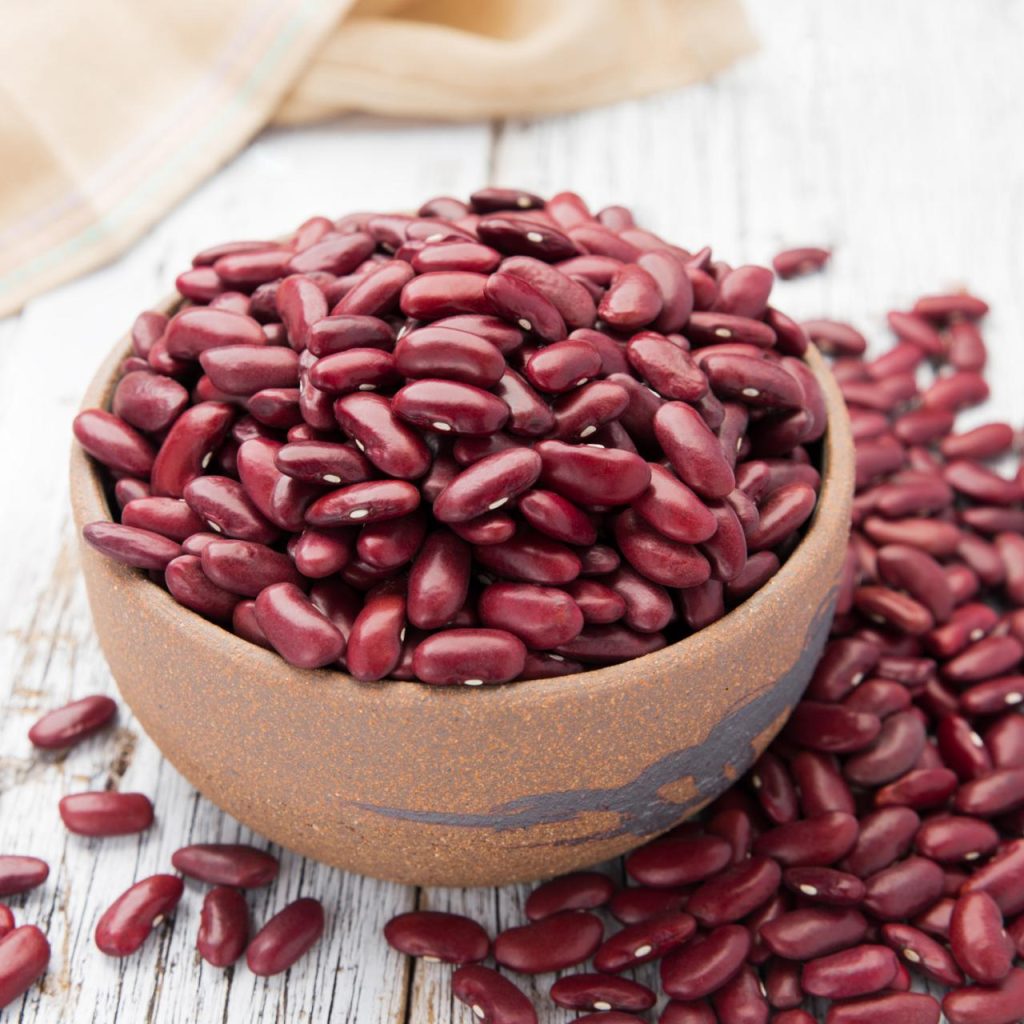
Raw or undercooked beans, particularly kidney beans, contain a toxin called phytohemagglutinin, which can cause food poisoning symptoms like nausea, vomiting, and stomach cramps. The toxin is destroyed by proper cooking, so it’s crucial to cook beans thoroughly. Always soak dried beans overnight and boil them for at least 10 minutes to ensure they’re safe to eat.
5. Mushrooms

While some mushrooms can be eaten raw, certain varieties, especially wild mushrooms, contain toxins that are harmful to humans. These toxins can cause symptoms ranging from stomach discomfort to liver damage. Cooking mushrooms not only makes them safer to eat but also enhances their flavor. It’s best to avoid raw wild mushrooms and cook all store-bought mushrooms before consumption.
6. Tuna (and other fish)

Raw tuna and other types of fish carry a risk of parasites, bacteria, and viruses that can cause foodborne illnesses. Sushi or sashimi made with raw fish is a popular delicacy, but consuming raw fish increases the risk of Anisakis worms and Vibrio bacteria. Freezing fish before eating it raw can kill some parasites, but cooking fish to a safe temperature eliminates the risk completely.
7. Spinach
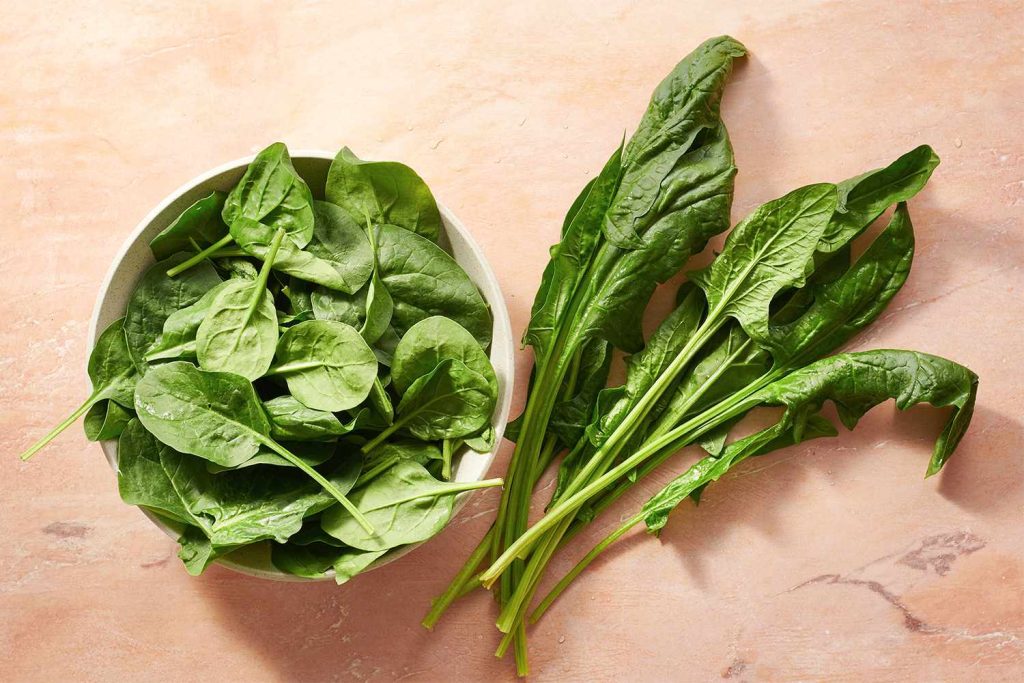
While spinach is often touted as a nutritious leafy green, eating it raw may expose you to harmful bacteria such as E. coli or Salmonella. These pathogens can cause severe digestive issues like diarrhea and stomach cramps. Cooking spinach can help reduce the risk of bacterial contamination and also increases the availability of certain nutrients, like iron.
8. Cassava
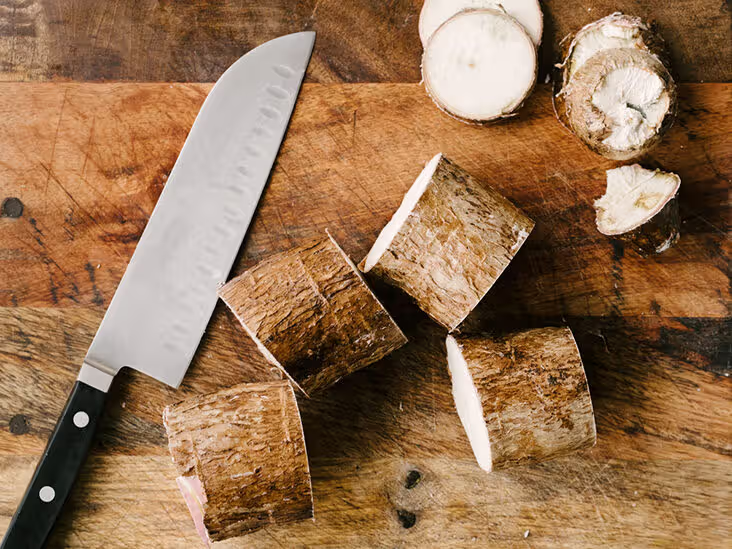
Cassava, a root vegetable, contains cyanogenic glycosides, which can release cyanide when consumed raw. Eating raw cassava can cause cyanide poisoning, leading to symptoms like nausea, vomiting, and dizziness. Cooking cassava properly neutralizes the toxins and makes it safe to eat. Always peel, soak, and cook cassava before eating it to avoid these health risks.
9. Milk (Non-Pasteurized)
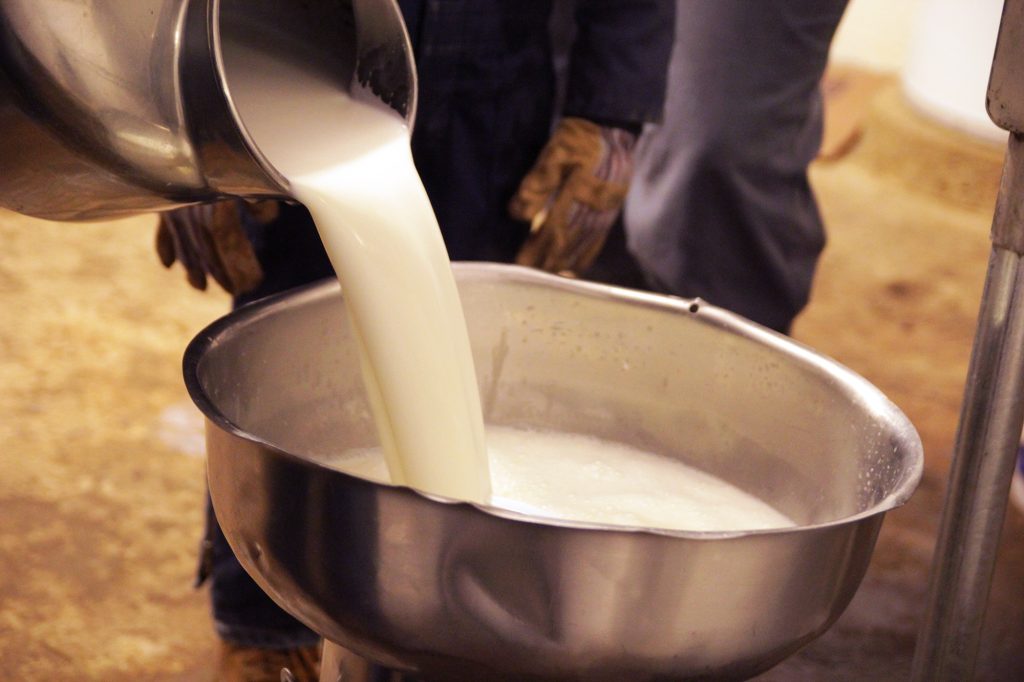
Non-pasteurized (raw) milk can contain harmful bacteria such as Listeria, E. coli, and Salmonella, which can cause foodborne illness. These bacteria can lead to serious health problems, especially for pregnant women, young children, and individuals with weakened immune systems. Pasteurization, which involves heating milk to kill harmful microorganisms, significantly reduces the risk of infection. Always choose pasteurized milk for safety.
10. Alfalfa Sprouts
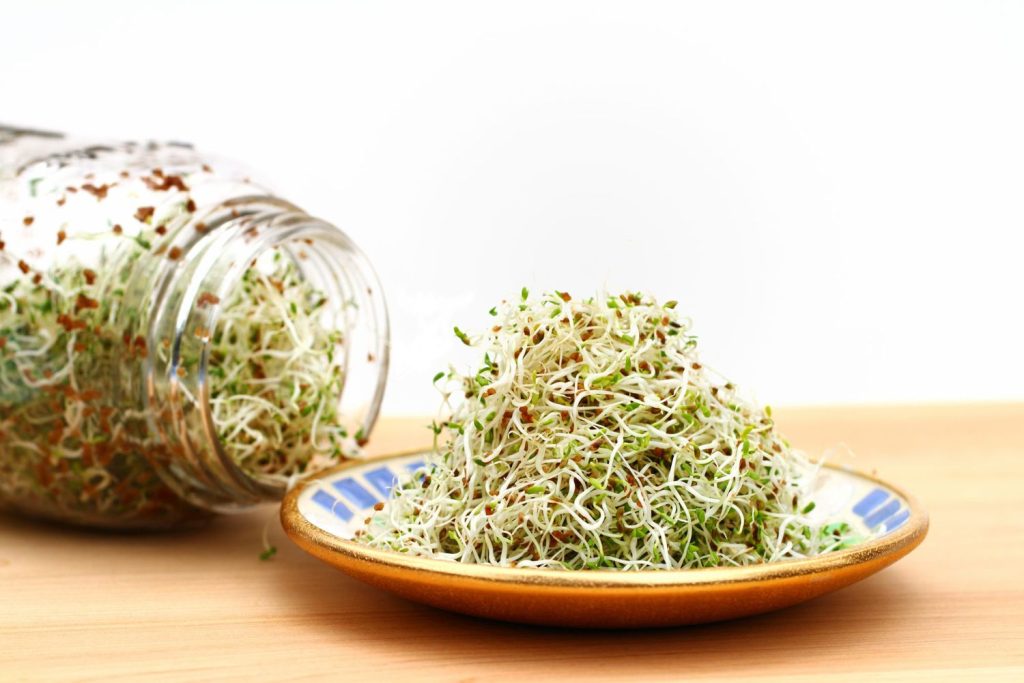
Raw alfalfa sprouts can carry harmful bacteria like Salmonella or E. coli, which can lead to severe food poisoning. The warm, moist conditions needed to grow sprouts are ideal for bacterial growth. Cooking alfalfa sprouts can kill harmful bacteria, but if you prefer them raw, make sure they come from a trusted source with proper hygiene standards.
Leave a comment